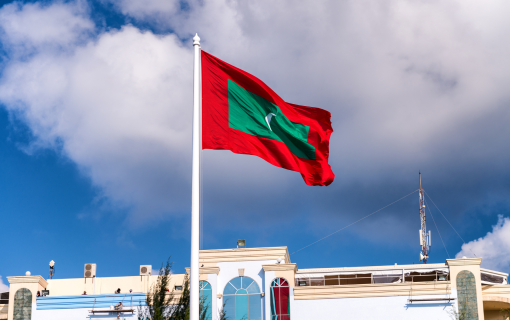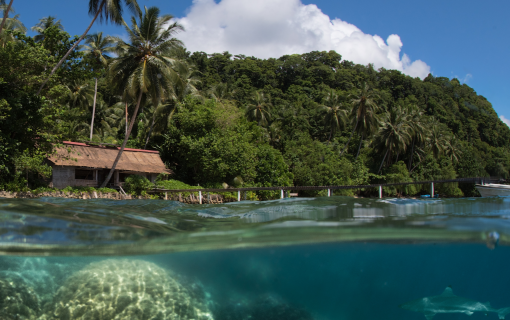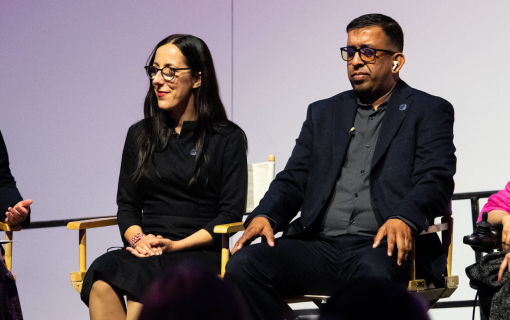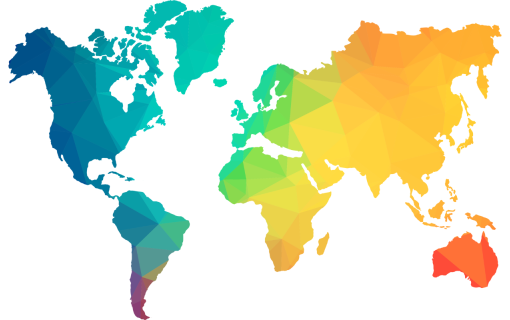New Disability Rights and Elections Training Module Piloted in South and Southeast Asia
Governmental and civil society stakeholders are often not aware of the barriers to equal political participation encountered by people with disabilities or how to mitigate them. In order to develop a standardized training module to address these gaps, the International Foundation for Electoral Systems’ (IFES) field teams from around the globe are working together to develop a Disability Rights and Elections module for its Building Resources in Democracy, Governance and Elections (BRIDGE) training, with support from the Australian Department for Foreign Affairs and Trade and the U.S. Agency for International Development. Teams from Haiti and Egypt have already piloted the methodology and it has been adapted for testing in two new contexts: Nepal and a regional Southeast Asia training held in Myanmar.
In early December 2014, IFES worked with the Election Commission of Nepal (ECN) to organize a three-day pilot Disability Rights and Elections BRIDGE training, which focused on improving the integration of disability access and inclusion in Nepal’s electoral process. The BRIDGE training engaged 24 participants from the ECN and civil society, including 11 people with disabilities, on a variety of topics. These included: common myths and misconceptions about disability; international human rights agreements on the political and electoral rights of people with disabilities; and the responsibility of electoral stakeholders to promote the engagement of all citizens in elections. The training also included an electoral access simulation, allowing participants to gain first-hand experience of some of the barriers that people with disabilities can face when attempting to exercise their right to vote. Post-workshop assessments indicated a fifty percent increase in participants’ knowledge following the training.
On December 19, as part of the Association of Southeast Asian Nations (ASEAN) General Election Network for Disability Access (AGENDA) program, IFES’ disabled persons’ organization partner, the Myanmar Independent Living Initiative (MILI), brought together representatives from seven ASEAN countries (Malaysia, Singapore, Laos, Cambodia, Indonesia, the Philippines and Myanmar) to showcase portions of the new BRIDGE module. Participants reviewed international legal standards, the electoral cycle and gave feedback on what they would like to see included in training modules for election management, civil society and media on disability inclusion in elections and political processes. Besides an ice breaker, two other sessions were piloted with the participants, one focused on the electoral cycle. Participants were divided in small groups, each group was asked to provide ideas about accessible issues related to the various electoral stages and share them with the whole group. Participants provided an astonishing amount of ideas and issues they associated with each of the electoral stages. There was a consensus among participants that the exercise would effectively illustrate challenges to both election officials as well as civil society.
Feedback from the pilots in Nepal and Myanmar is currently being incorporated into the draft module alongside ideas from the Haiti and Egypt pilots. Next, the penultimate version of the module will be run at the AGENDA regional conference later this month in Jakarta, Indonesia. The training module will then be made available for use with government and civil society stakeholders from around the world.
“Until today, I had never realized how difficult it is for a voter with a visual disability to cast a vote at a polling station in Nepal!”
- Training participant from the ECN









